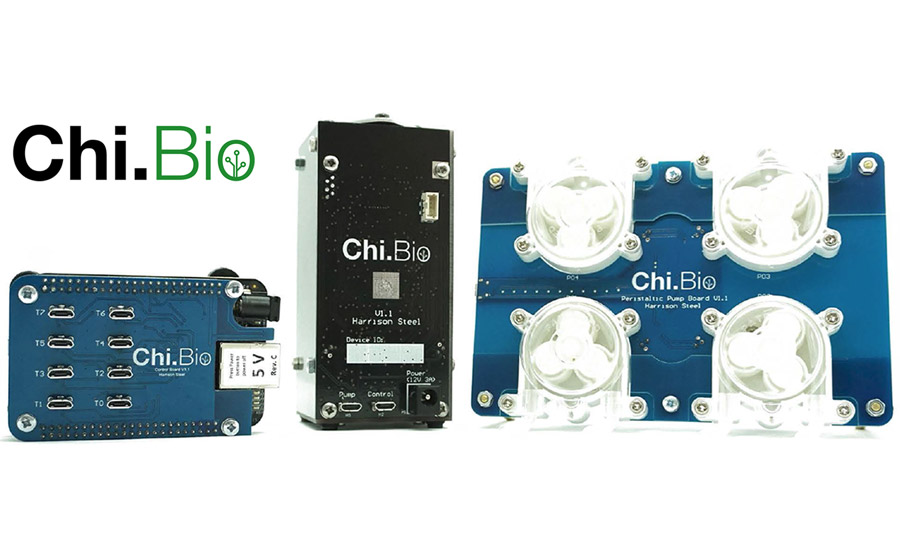Research
Our group’s interdisciplinary work spans control theory, mathematics, and biotechnology. We tackle problems via theoretical analysis, experimentation, and application-focused engineering (and often a combination of all three!). Many research projects are pursued collaboratively with academic groups at the University of Oxford and beyond, as well as with industry – particularly Start-ups.
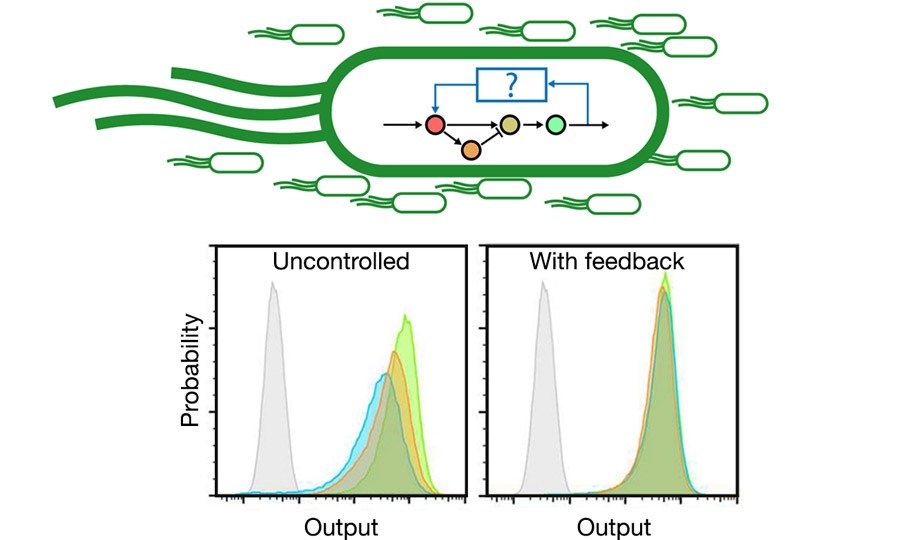
Synthetic Biological Feedback Control
Even under controlled laboratory conditions simple biological systems can exhibit random and highly variable behaviour. This is amplified in applications beyond the laboratory, where changing environments can further impact their performance.
To address this challenge we are developing Synthetic Biological feedback controllers that can (for example) reduce the variability of an engineered biological system’s output – helping us to create biotechnologies that are robust, predictable, and safe.
Robotic Experimental Platforms
The frontiers of biological science and engineering are constrained by the capabilities of experimental technologies – we can only build what we can measure, manipulate, and control.
To extend these boundaries we are developing new experimental technologies and making them accessible to scientists and engineers around the world. For example, we developed Chi.Bio as an all-in-one bioreactor platform for automating biotech R&D. With broad applications in systems, synthetic, and evolutionary biology, dozens of academic groups and companies already use this technology in their work. Learn more or purchase Chi.Bio.
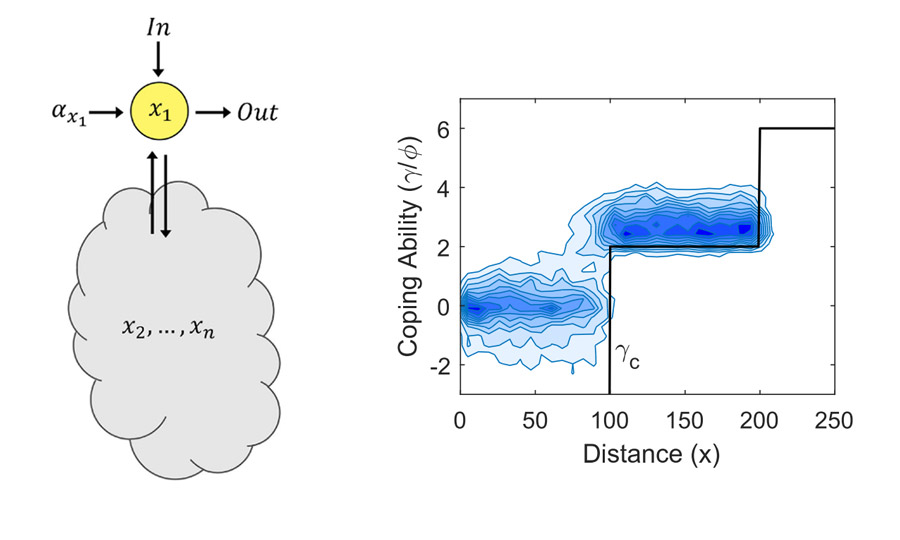
Mathematical Biology
In parallel with experimental work, we frequently work on theoretical questions in biology – using mathematics to investigate or simulate systems that would be challenging to analyze in the lab.
In the past theoretical questions have spanned biological challenges including relating the structure and function of gene regulatory networks, simulating stochastic (“random”) biological phenomena such as the evolution of antibiotic resistance, and developing design tools and guidelines for synthetic biology.
Laboratory Evolution
Evolution – nature’s own “optimisation algorithm” – is a lens through which all biology must be considered if it is to be understood. Evolutionary methods (e.g. directed evolution) are often employed to answer scientific questions, and they provide a useful alternative to the “forward design” approaches of Synthetic Biology.
We are developing feedback techniques that “close-the-loop” around experimental evolution. By dynamically regulating factors such as mutagenesis and selection we aim to accelerate/steer evolutionary trajectories – with applications in industrial biotech.
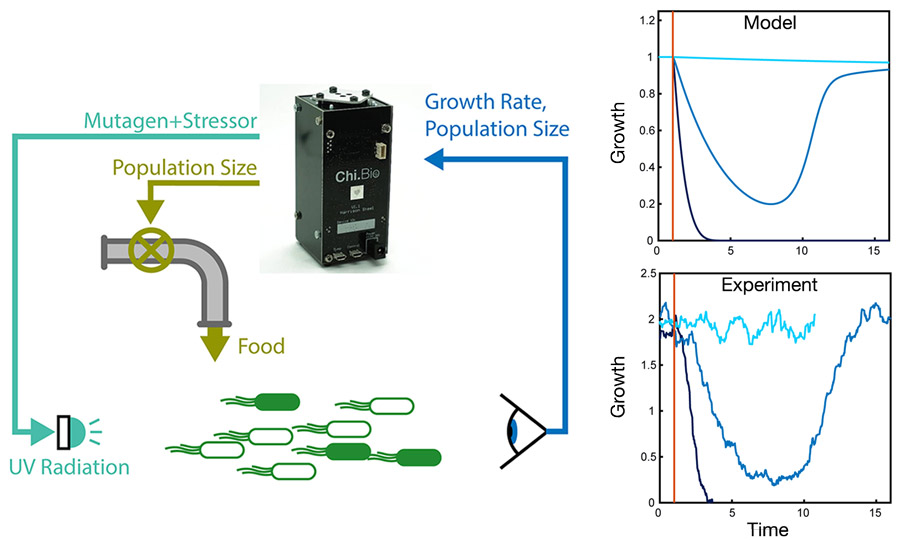
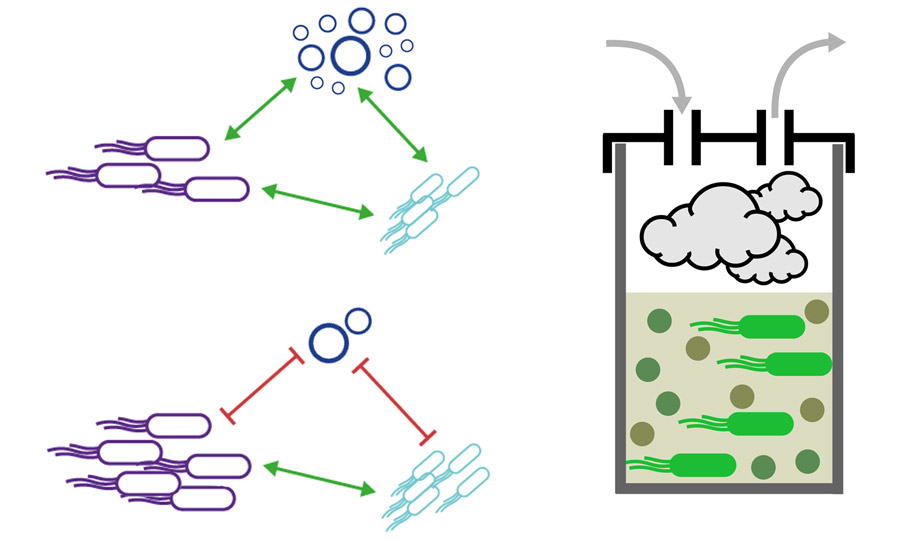
Control of Cellular Communities
Cellular communities are complex ecosystems consisting of multiple microbial species which live in close proximity, interacting both chemically and physically. Such communities are found widely in nature and play important roles in our health (e.g. the human microbiome is a cellular community) and many biotechnologies.
We are currently developing new methods (both biology- and hardware-based) for real-time measurement, control, and manipulation of cellular communities. These are being applied to challenges including the engineering of crop root ecosystems.
Artificial Intelligence
In recent years the developments in Artificial Intelligence have opened the possibility of new approaches to Biotechnological research and development; new algorithms are advancing our ability to design biological systems, work with and learn from massive data-sets, and automate robotic experimental tools.
We are currently developing tools from AI in a range of applications. As an example, we are building new massively-high-throughput approaches to single-cell analysis and evolution, enabled by a unique robotic microscopy hardware we have developed.
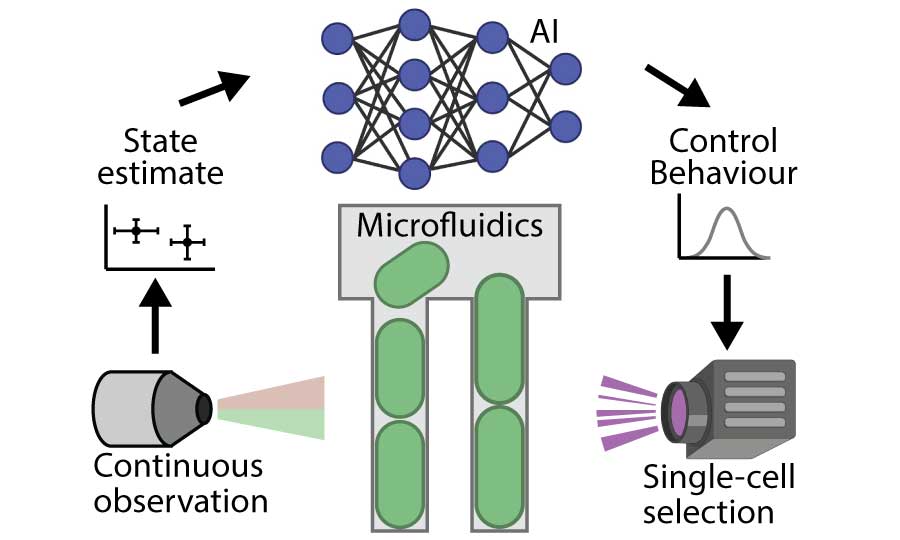
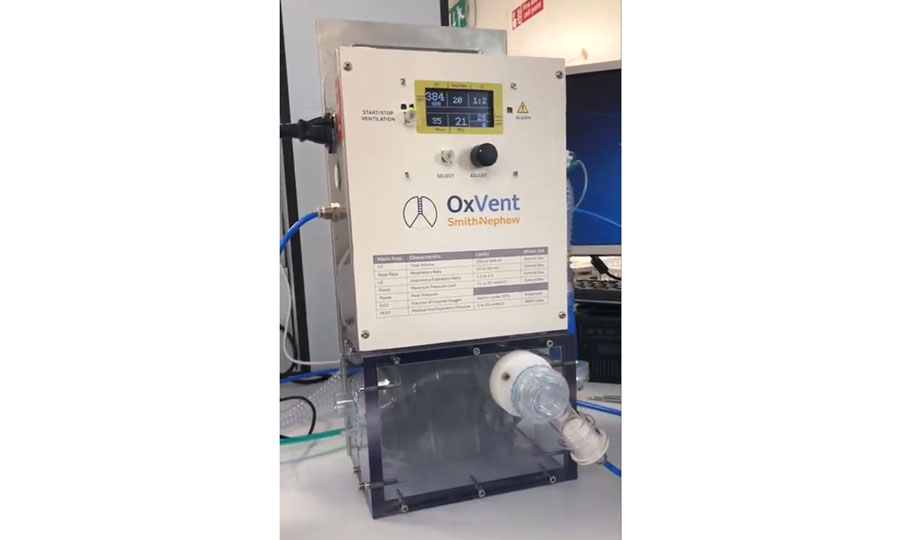
Other Interests
Beyond the above, we work with collaborators on interdisciplinary projects involving control, biotechnology, and mathematics. For example, the ongoing OxVent Covid-19 Ventilator Project.

